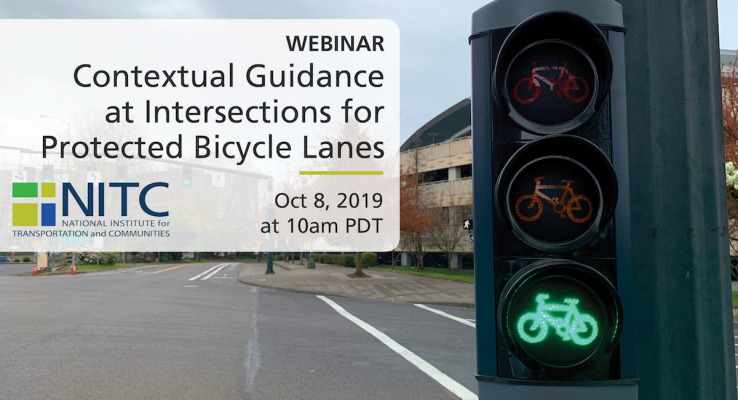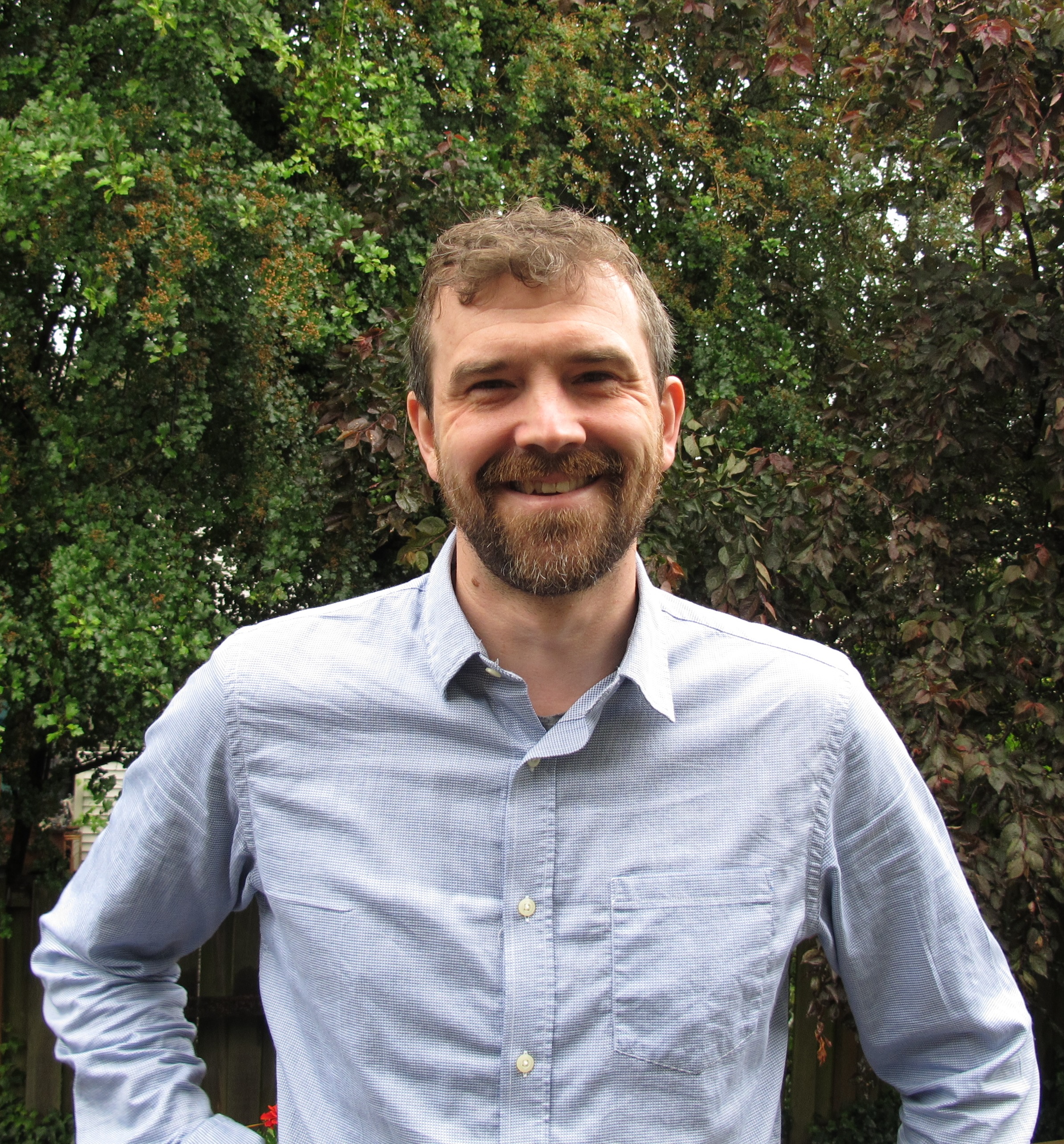
PRESENTATION ARCHIVE
Miss the webinar or want a look back?
OVERVIEW
Separated bike lanes have become increasingly common around the United States as cities seek to attract the new riders, including people who want to ride but limit their riding because they do not feel comfortable riding with motor vehicle traffic. Planners and engineers are working to identify contextually appropriate, safe, and comfortable designs for intersection locations, where bicyclist paths cross the paths of turning vehicles as well as cross-traffic. This research employed a combination of user surveys and simulations to anticipate expected bicyclist and turning vehicle interactions and bicyclist comfort based on design type and volumes. Findings examine which types of intersection designs, ranging from protected intersection and bike signals to mixing zones, are most comfortable for a range of cyclists, while taking into account expected motor vehicle traffic. This project will provide valuable information to cities as they seek to include comfort-based factors into design selection criteria – an endeavor that may be essential to attracting the coveted Interested but Concerned riders.
KEY LEARNING OUTCOMES
- Understand the design selection options for separated bike lanes at intersections.
- Understand the research team’s approach to assessing the anticipated comfort of current cyclists and non-cyclists, were they to ride through a variety of intersection types, with and without interactions with motorists.
- Understand the options and choices available to cities in selecting intersection treatments.
THE RESEARCH
This webinar is based on a study funded by the National Institute for Transportation and Communities (NITC) and conducted at the University of Oregon. Read more about the NITC research: Contextual Guidance at Intersections for Protected Bicycle Lanes. This research is also featured in the newly released (May 2019) NACTO addendum to their Urban Bikeway Design Guide: Don't Give Up at the Intersection.
SPEAKERS
Chris Monsere, Portland State University
Dr. Christopher M. Monsere is Professor and Chair of Civil and Environmental Engineering in the Maseeh College of Engineering & Computer Science at Portland State University. Dr. Monsere's primary research interests are in design and operation of multimodal transportation facilities including user behavior, comprehension, preferences, and the overall safety effectiveness of transportation improvements. Dr Monsere is a member of ANF20, the Bicycle Transportation Committee, the past co-chair of the Transportation Research Board's Safety Data, Analysis, and Evaluation committee (ANB20) and a past member of the TRB Task Force to develop the Highway Safety Manual (ANB25T). Monsere received his BCE from the University of Detroit Mercy; his MSCE and Ph.D.with an emphasis in transportation from Iowa State University. Dr. Monsere is licensed professional engineer in the state of Oregon.
Nathan McNeil, Portland State University
 Nathan McNeil is a research associate at the Center for Urban Studies at Portland State University. He conducts research around impacts of new bicycle infrastructure and programs on travel behavior and attitudes towards cycling, shared-use mobility programs including carsharing and bike-share, and the connection between land-use and transportation. Nathan received a Master of Urban and Regional Planning from Portland State University, and studied history at Columbia University as an undergraduate. Prior to PSU, McNeil worked for the Metropolitan Transportation Authority (MTA) in New York City as a performance auditor where he evaluated capital programs and contractors.
Nathan McNeil is a research associate at the Center for Urban Studies at Portland State University. He conducts research around impacts of new bicycle infrastructure and programs on travel behavior and attitudes towards cycling, shared-use mobility programs including carsharing and bike-share, and the connection between land-use and transportation. Nathan received a Master of Urban and Regional Planning from Portland State University, and studied history at Columbia University as an undergraduate. Prior to PSU, McNeil worked for the Metropolitan Transportation Authority (MTA) in New York City as a performance auditor where he evaluated capital programs and contractors.
PROFESSIONAL DEVELOPMENT
This 60-minute webinar is eligible for 1 hour of professional development credit for AICP (see our provider summary). We provide an electronic attendance certificate for other types of certification maintenance.
LEARN MORE
Sign up for our newsletter to get updates on our events.
This webinar is hosted by the Transportation Research and Education Center (TREC) at Portland State University. The research was funded by the National Institute for Transportation and Communities (NITC), a program of TREC and one of five U.S. Department of Transportation national university transportation centers. The NITC program is a Portland State-led partnership with the University of Oregon, Oregon Institute of Technology, University of Utah and new partners University of Arizona and University of Texas at Arlington. We pursue our theme — improving mobility of people and goods to build strong communities — through research, education and technology transfer.
